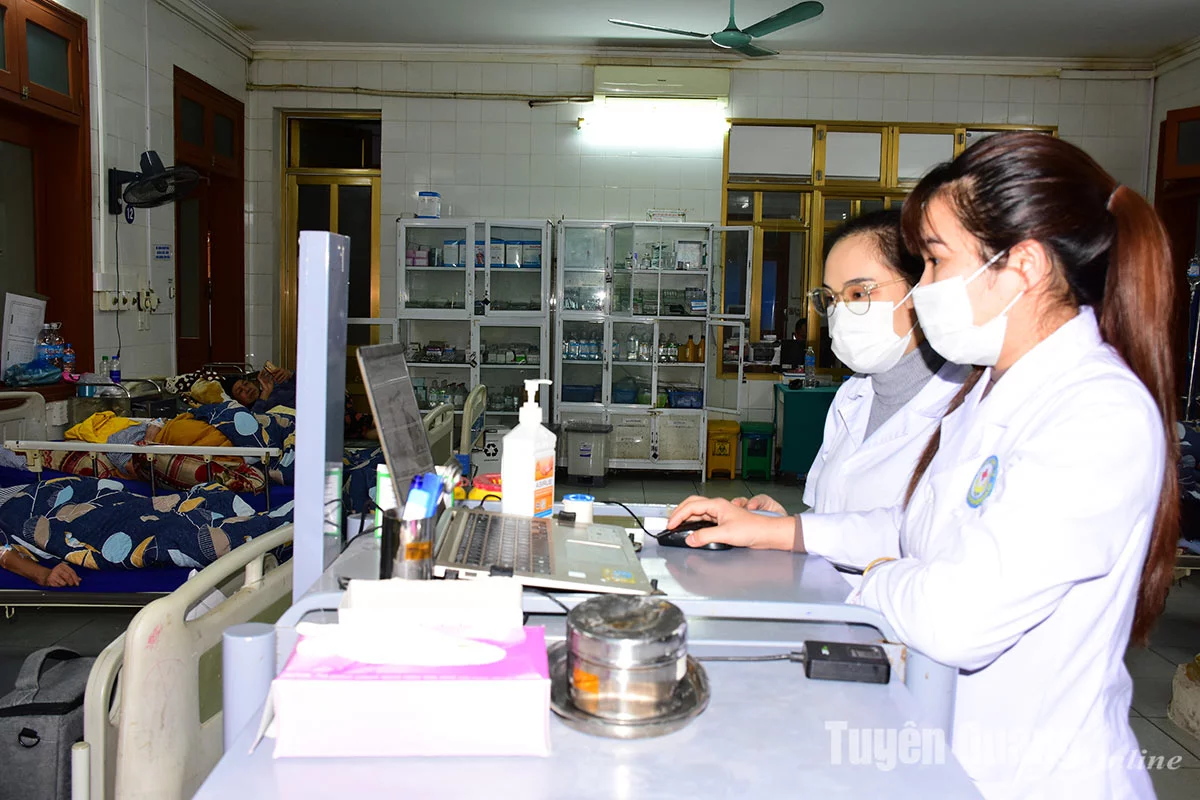Policy breakthrough in healthcare: Toward free medical check-ups and hospitalization
Following the policy of free tuition, Viet Nam is preparing to roll out another major social initiative: free periodic health check-ups for all citizens. This proposal is not just a vision, it is already being drafted, planned, and set into motion with strong political will behind it.
 |
| Policy breakthrough in healthcare: Toward free medical check-ups and hospitalization |
At a recent meeting of the Subcommittee on Documents for the 14th National Party Congress, General Secretary To Lam posed a pivotal question: “Can we strive to achieve free hospitalization for the people by 2030?” .
He urged relevant agencies to immediately incorporate this goal into the Political Report of the upcoming Congress. In subsequent discussions with the Party Committee of the Government and the Ministry of Health, the General Secretary reiterated the need to transform this vision into concrete policy.
Just days later, on July 8, 2025, the Government submitted a draft Resolution to the Politburo proposing free periodic health check-ups starting in 2026. The proposal includes specific goals: providing free regular health screenings for all citizens, reducing out-of-pocket healthcare spending to below 30%, and building the institutional foundations to achieve nationwide free hospitalization within the next decade.
What sets this policy apart is the speed and clarity of its design. It is not framed as a budgetary burden but rather as a strategic investment. Its underlying philosophy aligns with the General Secretary's long-standing message: “Prevention is better than cure.” He has repeatedly emphasized the importance of early intervention and has warned that a single serious illness could plunge an entire family back into poverty. Periodic check-ups will help detect diseases early, enabling timely treatment and reducing long-term healthcare costs.
Together with free education, this initiative reflects a fundamental shift in development thinking, investing in human capital by prioritizing health and knowledge as cornerstones of national progress. When social policies are no longer viewed as fiscal burdens but as pillars of sustainable growth, a nation truly begins to transform. In this new era of development, a strong social foundation, centered on human well-being, is indispensable.
Phuong Dong





READER COMMENTS